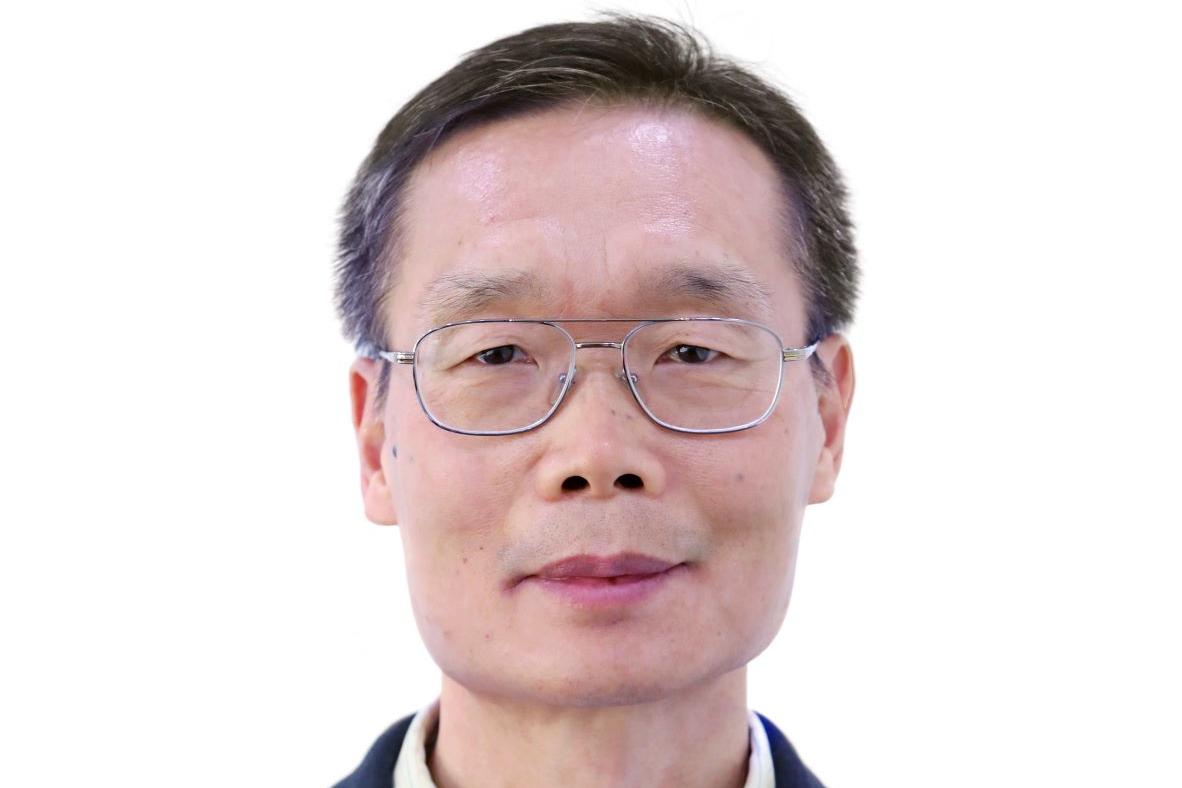
Speaker
Danny Chen - Professor, Department of Computer Science and Engineering, University of Notre Dame
New technologies for acquiring large amounts of medical image data give rise to an ever increasing demand for effective approaches for medical image analysis tasks. Recently, deep learning (DL) methods have yielded remarkably high quality solutions for many medical imaging applications, largely outperforming traditional image analysis methods. Comparing to natural scene images, medical image analysis faces several different challenges. Commonly, DL methods rely on lots of annotated data for model training. While natural scene images are usually 2D, medical images can be 2D, 3D, and even higher dimensional. In particular, 3D medical images are widely used in basic research and clinical practice. 3D medical image analysis presents big challenges to deep learning methods. (1) 3D medical images are often of very large sizes (e.g., billions of voxels), and thus incur high computation costs. But, current GPUs are of limited memory for implementing 3D DL models. (2) Few efficient automatic techniques for annotating 3D images are available. Furthermore, generally only trained medical experts can annotate medical images effectively, hence making medical image annotation a highly costly and labor-intensive process (even for 2D images). Therefore, how to attain sufficient good quality annotated image data for DL model training while significantly reducing annotation effort for medical experts is a big bottleneck to the successful development and deployment of DL methods for medical imaging applications.
In this talk, we present new DL-based sparse annotation approaches for 3D medical image segmentation problems. Image segmentation aims to identify target objects in images, and is a central problem in medical image analysis. We show that it is often not enough to simply apply DL methods alone to tackle medical imaging problems. Our new approaches thus are based on combinations of DL methods and algorithmic techniques.
Biography:
Danny Z. Chen received the B.S. degrees in Computer Science and in Mathematics from the University of San Francisco, California in 1985, and the M.S. and Ph.D. degrees in Computer Science from Purdue University, West Lafayette, Indiana in 1988 and 1992, respectively. He is a Professor in the Department of Computer Science and Engineering, the University of Notre Dame.
ZOOM LINK: https://duke.zoom.us/j/92625476532?pwd=bWxwQ0p3TU4xb3YvQ2Fjb1JQeFlmUT09
PASSCODE: 082969